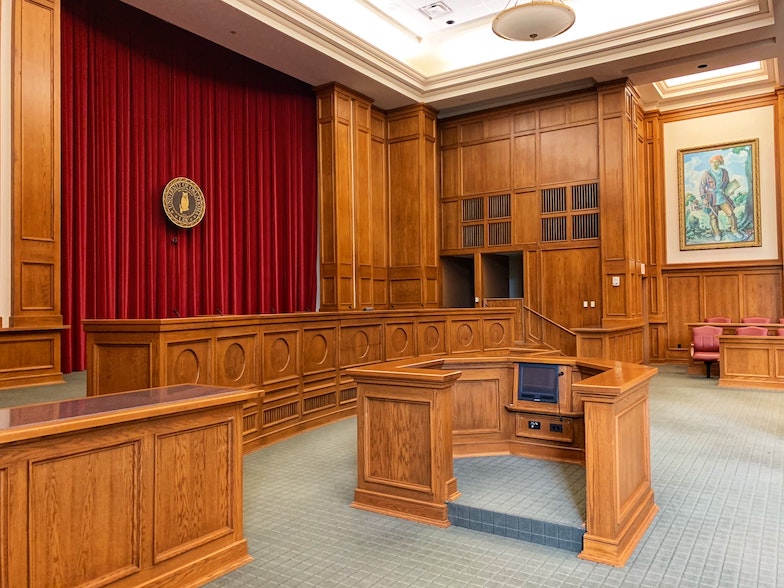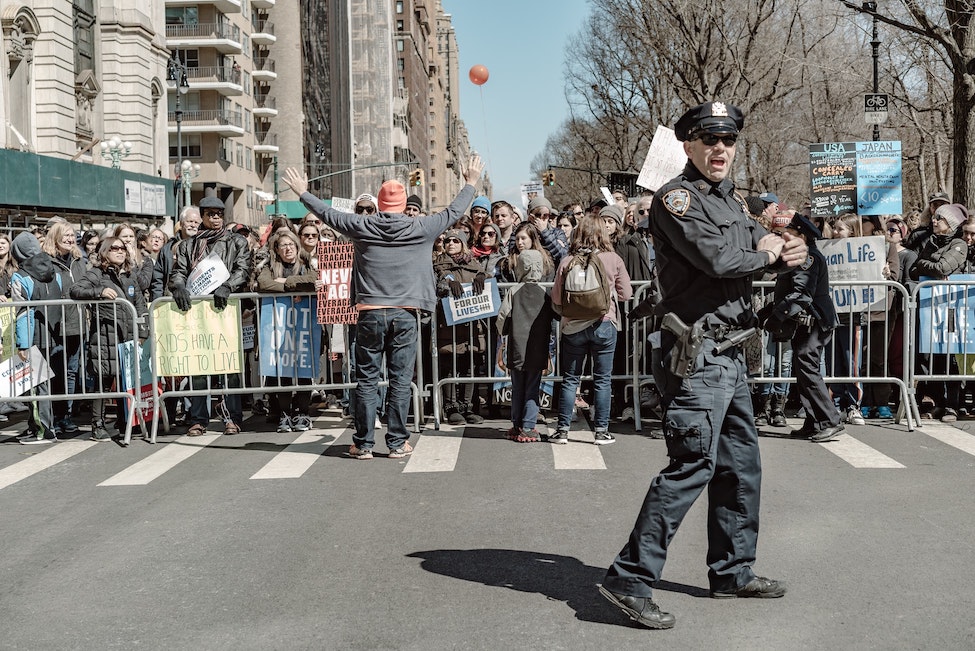Blog
Blog & Legal Headlines
Key Differences Between Trial and Appellate Courts

Many people outside the legal world misunderstand the differences between trial and appellate courts, along with the distinctions between what trials and appeals can legitimately do. Except in very rare circumstances, an appeal does not involve the introduction of new facts or hearing from new witnesses, as is the case in the initial trial.
Healthcare for Prisoner’s Legal Rights and the COVID-19 Impact

Just over an hour-and-a-half drive from New York City, depending on traffic, a medium-security federal correctional institution released a notorious but nonviolent inmate in late May 2020. In 2018, the former personal lawyer of the nation’s then-current president, Michael Cohen, received a three-year sentence after pleading guilty to various political and financial offenses, contravening campaign finance laws and lying to the US Congress.
What the NYC Police Reform Legislation Means for Civil Lawsuits

In the midst of the trial of George Floyd’s accused killer, former Minneapolis police officer Derek Chauvin, the New York City council publicly announced reforms to how criminal and civil cases will deal with police officers accused of wrongdoing while on the job. The NYC police reform resulted from the fallout over Floyd’s death and resulting nationwide protests, which sought to hold police more accountable for injuries or deaths caused due to their actions.
Basic Differences Between Civil Rights and Civil Liberties

In general, civil liberties are the freedoms we enjoy daily which are guaranteed under the constitution. Some examples of civil liberties are freedom of speech and the press which are addressed by the 1st amendment to the constitution. Other important civil liberties are contained in the 4th and 14th amendments. Under the 4th amendment, we are afforded liberty against unlawful searches and seizures. This means that Police Officers cannot search our person or home without probable cause.